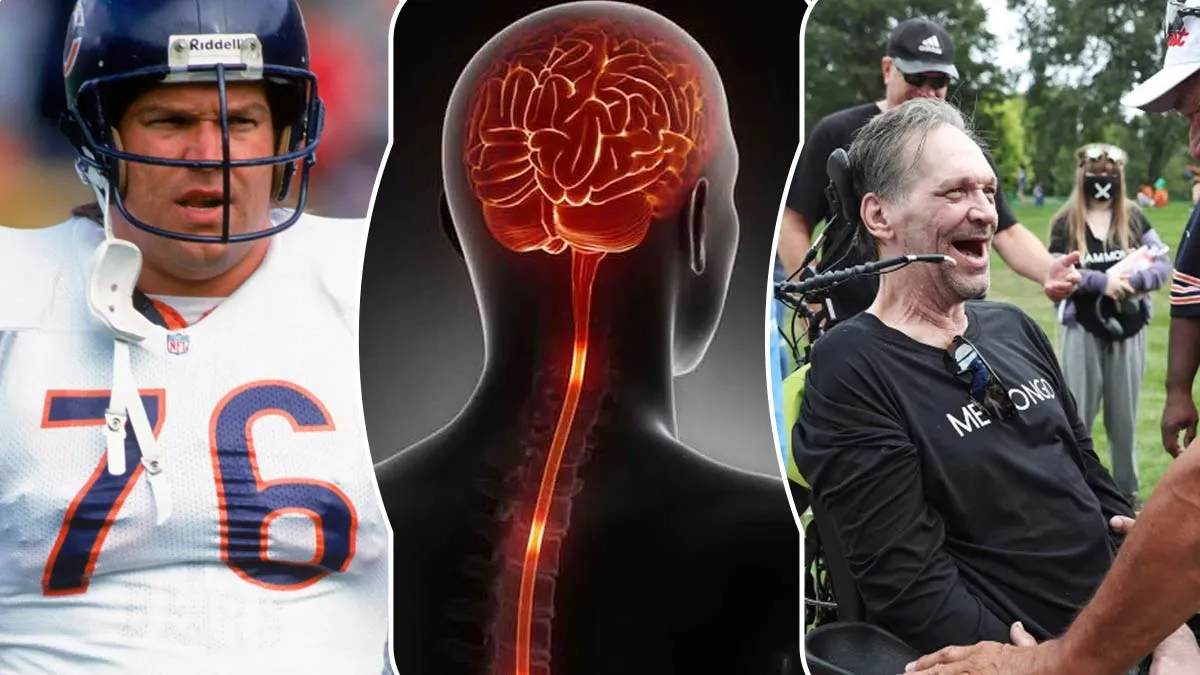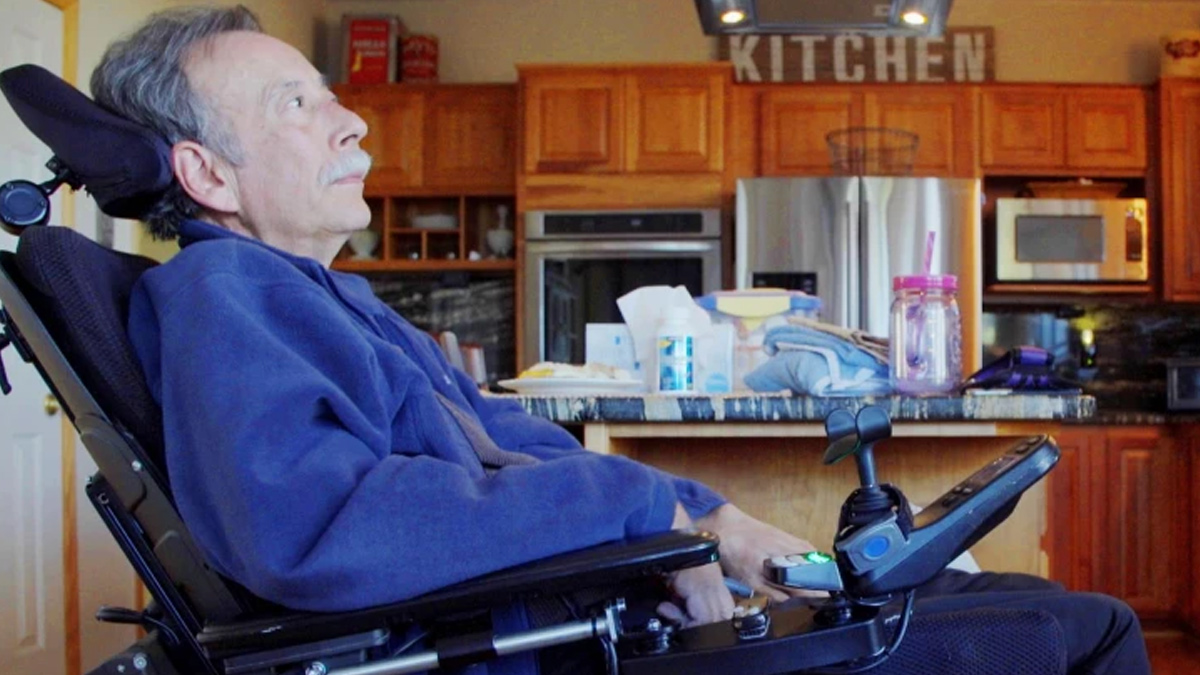
NFL Hall of Famer and Chicago Bears legend Steve ‘Mongo’ McMichael died at the age of 67. He had a years-long battle with ALS, also known as Lou Gehrig’s disease. McMichael, a key member of the Bears’ iconic 1985 Super Bowl-winning team, first revealed his ALS diagnosis in 2021. His passing has brought renewed attention to this devastating neurodegenerative disease and the urgent need for research and support for those affected. The disease leads to muscle weakness, trouble speaking, swallowing, and eventually problems with breathing. Regarding the same, we reached out to an expert who shared that understanding ALS is important, as it not only affects the patient but also their loved ones and caregivers.
Table of Content:-
What Is ALS?![ALS Disease 2 - 2025-04-25T141417.302]()
Dr Suhas V P, Consultant Neurologist, Bangalore Hospital Kengeri, Bangalore, explains that ALS is a progressive neurodegenerative disorder that targets motor neurons in the brain and spinal cord. These neurons are responsible for voluntary muscle movements, like walking, talking, and even breathing. When these nerve cells die, the muscles they control become weak and start to shrink. Over time, this leads to paralysis.
Early signs of ALS can be small, such as muscle twitching, cramps, or trouble with fine hand movements. As the disease gets worse, people may have difficulty speaking, swallowing, or breathing. Despite these physical challenges, most people with ALS remain mentally alert, although a few may develop memory or behaviour changes.
What Causes ALS?![ALS Causes 4 (24)]()
The exact cause of ALS is still not fully understood. Dr Suhas says that about 5–10% of cases are inherited, meaning they run in families. These are linked to changes in certain genes. The other 90–95% of cases are called sporadic ALS, which means they happen without a family history.
Some possible risk factors include:
- Exposure to toxins or heavy metals
- Certain jobs with chemical exposure
- Smoking
- Intense physical activity
- Being a military veteran, due to exposure to specific environmental factors during service
Still, no single cause has been found, and scientists believe a mix of genetics and environment plays a role.
Can ALS Be Cured?![ALS Steve mcmichael death reason 1 - 2025-04-25T141418.956]()
Unfortunately, there is no cure for ALS at this time, claims the expert. However, some treatments can help with symptoms and may slow the disease a little. There are medicines that protect nerve cells and reduce damage, but their effects are limited. Physical therapy, speech therapy, and special equipment can help people stay independent longer and improve their quality of life.
Gene therapy is said to be the future hope which might cure family members of patients who are asymptomatic yet carrying genes implicated in pathogenesis. Researchers are working hard to find better treatments, including stem cell research. These bring hope for the future, but right now, ALS remains a life-limiting illness.
How Long Do People Live With ALS?
The average life expectancy after an ALS diagnosis is about 2 to 5 years. However, some people live much longer. About 10% survive for more than 10 years. Rare cases, like the scientist Stephen Hawking, show that living for decades is possible, but unusual. How fast ALS progresses depends on the age at which it starts and how quickly the breathing muscles are affected. Good supportive care, including help with breathing and nutrition, can extend life and improve comfort.
Conclusion
Steve McMichael’s life and legacy remind us of the strength required to face ALS. His battle brought the realities of this disease into the spotlight and inspired many. ALS remains a cruel illness that takes away physical abilities but often leaves the mind intact. While there is no cure yet, ongoing research and support offer hope for the future. His story is a reminder of the strength and courage of those living with ALS and the urgent need for continued research and support.
Read Next
Kiara Advani Flaunts Baby Bump During Recent Outing: Bump Care Tips for a Healthy Pregnancy
How we keep this article up to date:
We work with experts and keep a close eye on the latest in health and wellness. Whenever there is a new research or helpful information, we update our articles with accurate and useful advice.
Current Version


-1745570810619.jpg)
